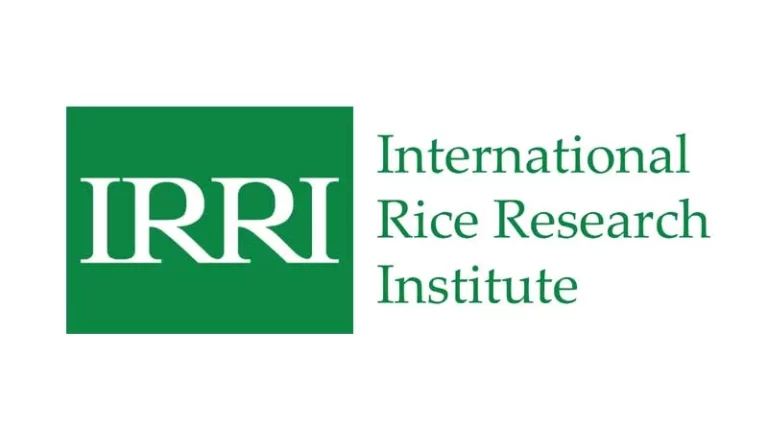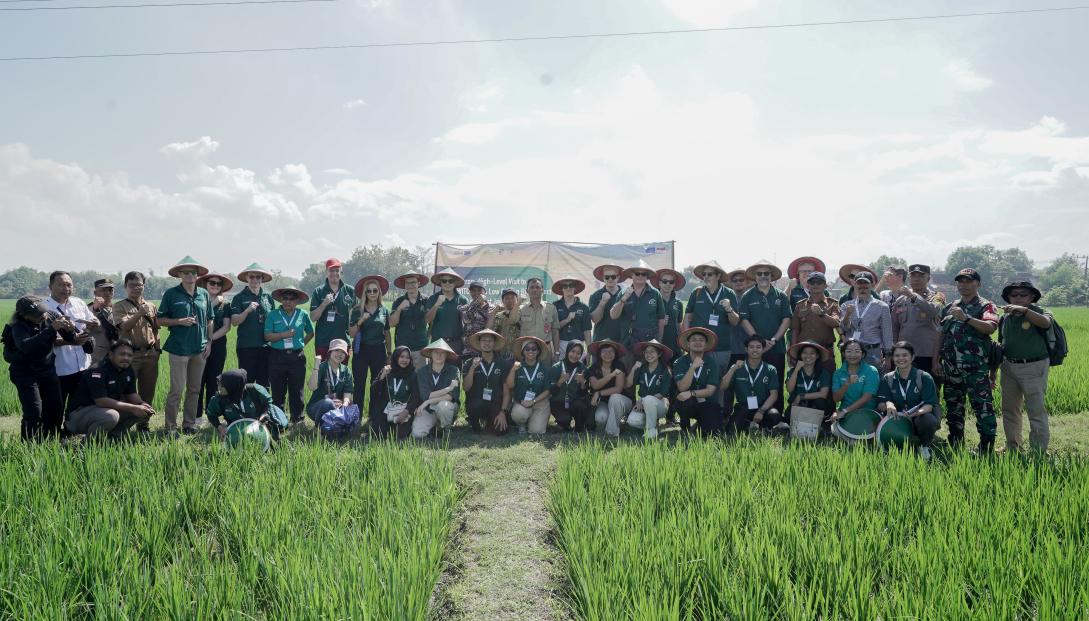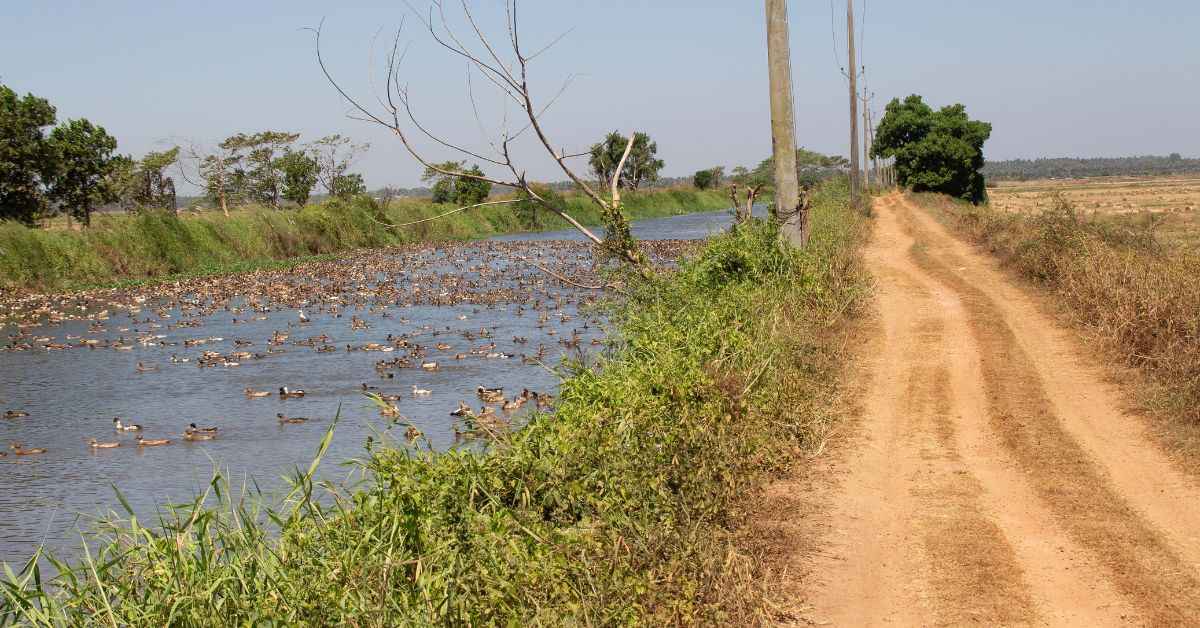Tags
Transforming Thailand’s Rice Sector Toward Low Emissions

29 April 2024, Thailand: As global attention turns towards sustainable agricultural practices, the International Rice Research Institute (IRRI) has organized the policy forum titled “Strengthening Thailand’s Low-Emission Rice Market: Learnings from the Thai Rice NAMA Project” at Asawin Grand Convention Hotel in Bangkok. The policy forum aims to address and deliberate on the critical developments and challenges in the transition towards low-emission rice production in Thailand, and represents a pivotal moment for stakeholders invested in sustainable agriculture and climate mitigation strategies for a transformational change in the Thai rice sector.
This essential gathering brought together over 80 key stakeholders, including policymakers, scientists, and representatives from various sectors such as the Rice Department, Ministry of Agriculture and Cooperatives, The Deutsche Gesellschaft für Internationale Zusammenarbeit (GIZ) GmbH, Food and Agriculture Organization (FAO), Kasetsart University and representatives from the private sector.
Dr. Bjoern Ole Sander, IRRI Representative to Thailand, stated, “Agriculture ranks as Thailand’s second highest source of greenhouse gas (GHG) emissions, following the energy sector. Notably, rice cultivation accounts for approximately 55% of the agricultural emissions, predominantly methane, making it a crucial target for low-emissions development. Launched in August 2018, the Thai Rice NAMA Project is spearheading the transition to low-emission rice production in Thailand, demonstrating that large-scale application of GHG-reducing technologies is possible. This initiative deploys a tri-fold strategy encompassing low-emission rice production technologies, mitigation technology services, and the development of supportive policies and measures.”
“Building on the successes of the Thai Rice NAMA project, the upcoming project ‘Thai Rice: Strengthening Climate-Smart Rice Farming’ funded by the Green Climate Fund (GCF) is slated to begin in 2024. Advancing the objectives of its predecessor, the ‘Thai Rice GCF’ project aims to drive transformative change within the Thai rice sector with a dual purpose adaptation-mitigation strategy. This project focuses on empowering smallholder farmers, who are particularly vulnerable to climate change, by enhancing their decision-making capabilities and providing access to climate-smart agricultural technologies. Expected outcomes include a substantial reduction in methane emissions and water consumption in rice farming, higher profits for Thai rice farmers and increasing climate resilience,” Dr. Sander added.
Dr. Chitnucha Buddhaboon, Deputy Director of The Rice Department, Ministry of Agriculture and Cooperatives expressed, “This event is an important milestone for the impactful collaboration between the Department of Rice, Ministry of Agriculture and Cooperatives, the International Rice Research Institute (IRRI), GIZ and partners from various ministerial agencies, universities, and the private sector. Our goal is to enhance Thailand’s rice production efficiency and transition towards low-emission rice cultivation by utilizing an array of climate-friendly rice production technologies. By doing so, this gathering is an important opportunity to share knowledge, exchange ideas, and offer suggestions, with a particular focus on the systematic development of a Monitoring, Reporting, and Verification (MRV) system.”
“The MRV system is envisioned to provide better insights in rice production practices, facilitate linkages with the market, and add value to rice production through greenhouse gas savings. Significantly, today’s forum featured a series of seminars on the MRV system in the context of rice production, supporting Thailand’s ambition to reduce its greenhouse gas emissions,” Dr. Buddhaboon emphasized.
The Thai Rice NAMA project can be regarded as a showcase initiative for transforming rice production systems in Thailand. Insights and lessons from the project are expected to significantly inform and enhance the forthcoming Thai Rice GCF project. The MRV system and advanced low-emission rice farming technologies demonstrate the project’s commitment to sustainable agricultural progress and climate-smart practices for transforming Thailand’s rice sector.
https://www.en.krishakjagat.org/ag-tech-research-news/transforming-thailands-rice-sector-toward-low-emissions/Published Date: April 29, 2024






